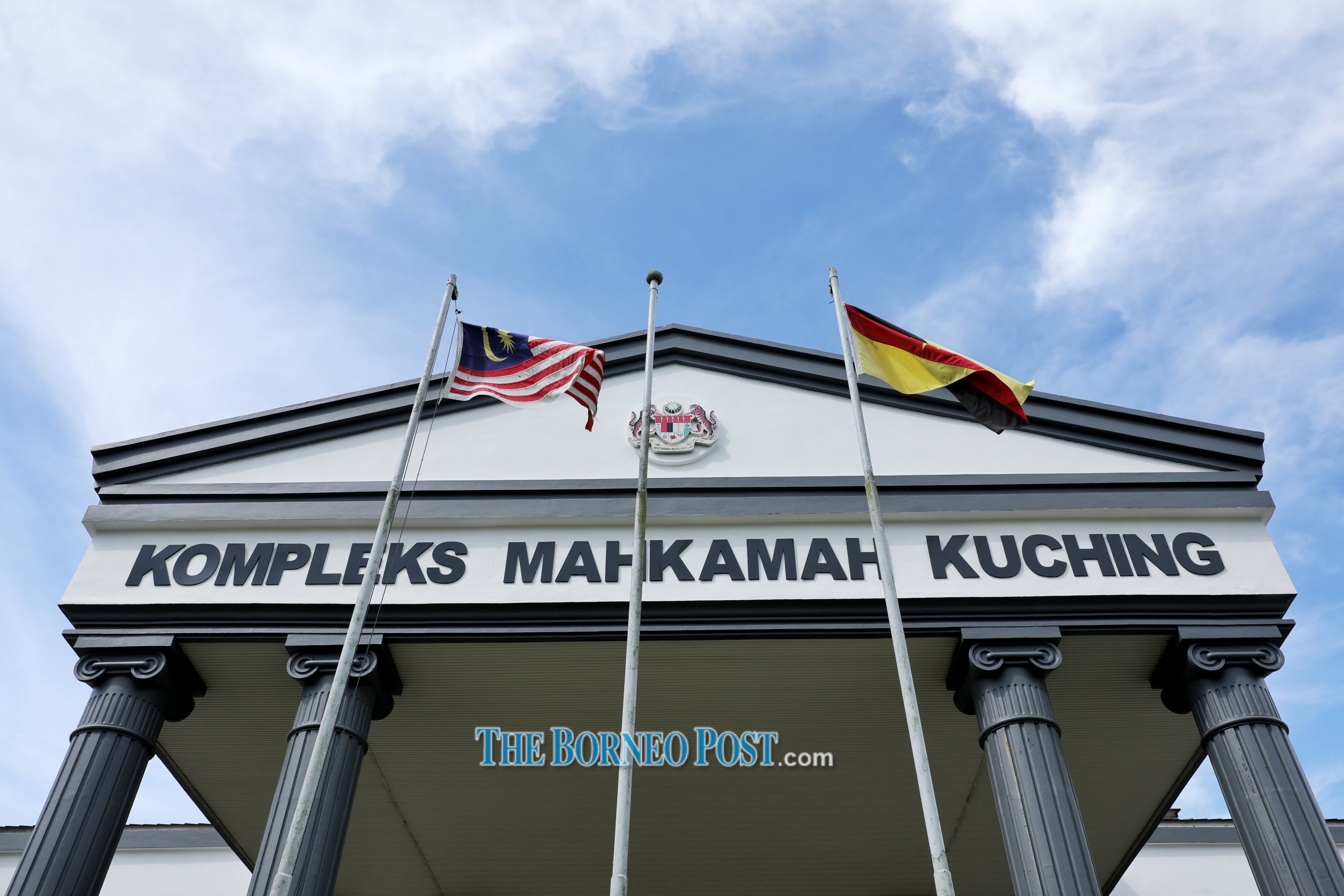ADVERTISE HERE

Chai says Following the relocation of the Indonesian capital to Nusantara in Kalimantan Timor, the long-term plan now seems urgent.

THE federal government should conceive a long-term plan by setting up a Special Economic Zone (SEZ) near the Sarawak border with Kalimantan Barat, Indonesia to capitalise on the business opportunities arising from the cross-border trade, said Kuching Chinese General Chamber of Commerce and Industry (KCGCCI).
Following the relocation of the Indonesian capital to Nusantara in Kalimantan Timor, the long-term plan now seems urgent, according to KCGCCI secretary-general Dato Jonathan Chai Voon Tok.
He said this when asked for KCGCCI’s wish list for 2025 National Budget which would be tabled in Parliament tomorrow (Oct 18).
“We hope that the government would take a serious look at the long-standing problems faced by our businesses in respect of the restrictions imposed on the cross border trade in the Tebedu and Entikong CIQS trade gateway,” he said, adding that the federal government should improve opportunities for border and bilateral trade between the two territories.
Chai explained that cargo crossing from Sarawak to Kalimantan Barat has faced impediment at the Tebedu-Entikong checkpoint since 2014, and the restrictions are still in place to prevent the cargo from Sarawak to enter into Kalimantan through the gateway.
The KCGCCI is also hoping that no new tax is to be introduced next year.
“There has been speculation that the government may introduce new taxes, including the inheritance tax in this coming Budget. It is hoped that no new tax would be introduced as the government should stay focused on reviving the economy and any new taxes which translate into higher costs of doing business would hurt a lot of businesses especially the SMEs, and would not do any good for efforts in attracting foreign investors.
“On the contrary, the business sector has been hoping for a downward adjustment of the tax rates so as to provide them with more breathing space in the prevailing unfavourable economic climate.
“Due to the constraint of our fiscal position, I don’t expect much on any possible increase in the development expenditure in the forthcoming federal budget as the bulk of it will still be set aside for operational expenditure especially for the emoluments and the recent pay increase of our bloated civil service.
“Having said that, I still hope that a sufficient quantum of the development expenditure would be set aside for Sarawak and Sabah, where their infrastructures are still far lagging behind compared to their counterparts in Peninsular Malaysia.
“In particular, sufficient funding should be provided for better and wider coverage of internet connectivity as well as for rebuilding and repairing the dilapidated schools and clinics,” he said.
He stressed that even though it was announced recently that the quantum of the ‘special grant’ to Sarawak and Sabah as accorded under Article 112 (D) of the Federal Constitution has been revised and shall each be allocated with RM600 million, more development funds are still needed to uplift the infrastructure and expand the provision of the utilities and coverage of the telecommunication services especially in remote interior areas.
“It’s high time for the federal government to put words into action to reflect its sincerity and commitment to recognise the historical pact under the Malaysia Agreement of 1963 (MA63) and intensify the pace of development of Sarawak and Sabah.”
Chai also hoped that a funding package would be provided in this coming national budget for the setting up of the Cancer Centre in Kuching as it is a long-standing project, which was mooted several years ago but has yet to be implemented.









 English (US) ·
English (US) ·